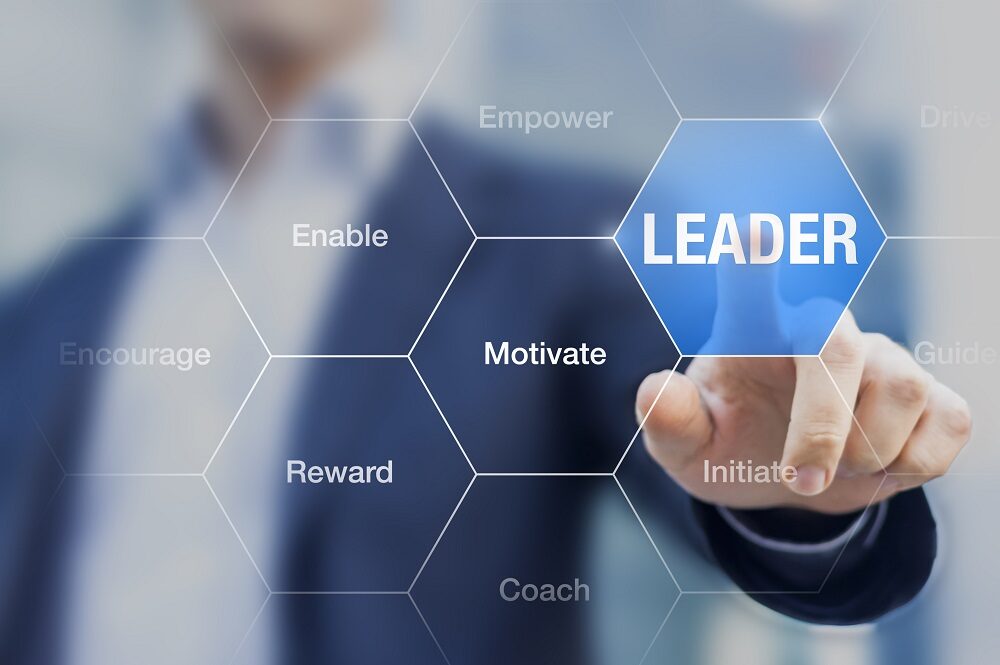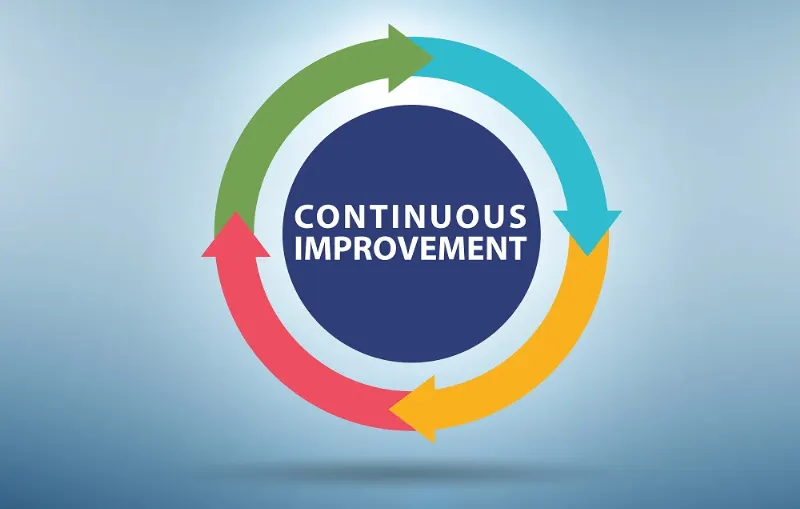In an ever-evolving world, the field of education is no exception to change. The profound shifts in education have left their mark on the design and structure of professional development and training programs, revolutionizing the way educators grow and adapt to the needs of their students. In this blog post, we’ll delve into the impact of these changes on professional development and highlight the importance of investing in teachers, especially in light of the challenges posed by the pandemic.
The Transformation of Professional Development
The traditional model of education, where teachers played a predominantly didactic role, has given way to a more dynamic approach. Teachers are now seen as coaches and facilitators, guiding students on their learning journeys. This shift in perspective has led to the development of modern professional development and training programs that prioritize hands-on, practical, and reflective experiences for educators.
The central idea is to empower teachers with the tools and confidence needed to make their classrooms more student centered. In this environment, students are encouraged to become active learners, discovering, and constructing knowledge with the guidance and support of their teachers.
Investing in Teachers: The Key to Quality Education
The cornerstone of quality education lies in investing in teachers and school leaders. Professional development and training programs play a pivotal role in nurturing and enhancing their abilities. However, these programs must evolve in tandem with the changing educational landscape.
Rather than inundating educators with excessive theoretical knowledge, programs should focus on equipping them with new teaching methods and techniques. Furthermore, these programs should be tailored to each participant’s unique experiences and contextual needs. This approach stimulates problem-solving and reflective skills, fostering greater interaction and engagement during sessions.
One of the most effective strategies for enhancing teacher confidence and leadership skills is to provide opportunities for participants to share their knowledge with their peers and immediately apply what they’ve learned in their classrooms.
Sustainable Training Programs: A Solution for the Future
The COVID-19 pandemic unleashed unprecedented challenges upon the education system. Data collected from educators across six Arab countries revealed a lack of confidence in online teaching, leading to below-par performance and heightened stress levels for both teachers and students. The pandemic exacerbated educational inequalities, leaving many students with months, if not years, of interrupted learning.
This crisis has imposed a dual responsibility on educators: bridging the educational gap while upholding established curriculum objectives.
To address these challenges, educators need support that is tailored to their unique needs and the individual requirements of their students. Enter sustainable training programs designed to withstand disruptive factors, enhance teacher commitment, and expand their professional horizons.
The primary goal of these programs is to guide and support teachers in their day-to-day activities, strengthening their capacities and resilience. By encouraging adaptability, innovation, and research, these programs prepare educators to become active researchers and problem solvers. They also equip students with transferable skills that extend beyond the classroom, including problem-solving, critical thinking, innovation, collaboration, and presentation skills. Additionally, teachers learn to make decisions and lead effectively during both normal and crisis situations, fostering their adaptability and flexibility.
Preparing for Personal and Professional Growth
For teachers seeking personal and professional growth in this evolving educational landscape, it is crucial to choose professional development and training programs that prioritize sustainable and transferable skills. Adaptability, research, leadership, and innovation are the cornerstones of a resilient and high-performing teaching profession. These skills not only benefit educators but also empower students to excel in an ever-changing world. In the journey to provide quality education, investing in teachers remains an essential and enduring commitment.
By Dr. Sandra Baroudi



